Asia and the Pacific
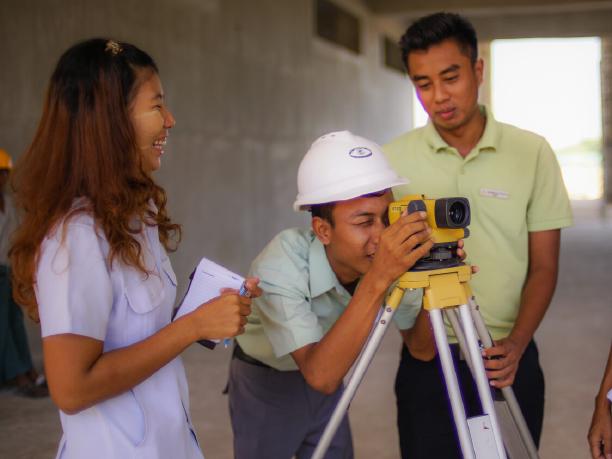
Innovative Employment Solutions for the Youth
Better employment for the youth means increasing skills training, engaging with civil society, and expanding job opportunities.
Listen to the story
Economic growth is essential for long-term progress, but it must be inclusive and sustainable to create real impact. By strengthening resilience to shocks and challenges, expanding economic opportunities—especially for women and vulnerable communities—and enhancing trade and tourism, ADB is helping countries build a more stable future.
The stories in this report reflect the commitment of ADB and its financing partners to an approach that drives economic growth while ensuring long-term benefits for people and the environment.
By working together, ADB and its partners are not just tackling challenges but creating real opportunities for people to thrive.
To see the stories, click on people, planet, or prosperity or all stories.
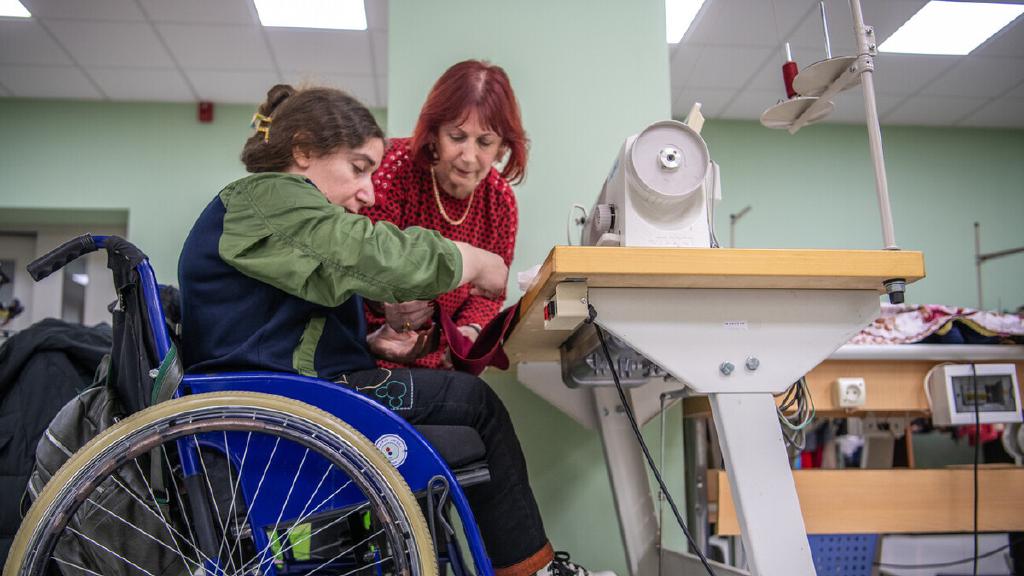
ADB is committed to helping people build better lives across Asia and the Pacific. While poverty in the region has declined over the decades, challenges remain. The lingering effects of the pandemic, disruptions to global commerce, climate change, disasters caused by natural hazards, geopolitical conflicts, and the high cost of living have slowed and even reversed progress. Education, health, gender equality, access to clean water and energy, and economic opportunities shape people’s everyday struggles and aspirations.
Fighting poverty is at the core of ADB’s development efforts. In Armenia, ADB and Japan are helping vulnerable communities in Shirak and Tavush provinces not just with financial aid but by improving food security, farming livelihoods, and income opportunities. Access to good jobs is a prime means to escape poverty and boost prosperity. In Vanuatu, with ADB and Japan’s support, job training and skills development programs are giving women, youth, and people with disabilities better chances to succeed in the workforce.
Gender-based violence remains an issue, tearing apart families and communities. In Cambodia, ADB and Australia are working to strengthen laws on domestic violence, improve local response services and shelters, and introduce digital solutions for school and community programs. In Sri Lanka, ADB and the Water Innovation Trust Fund, supported by Austria and Spain, are tackling critical water and sanitation issues and addressing climate vulnerabilities, weak water resources management, and social inequalities.
In Meghalaya, India, 2,400 daycare facilities are being upgraded or built to improve childcare and nutrition services. ADB and Japan are ensuring that trained educators provide quality early childhood development and support. In Solomon Islands, ADB, and Ireland are improving the outmoded education sector that shortchanges girls with better learning environments, starting with 38 high schools upgraded to be more storm-resistant, and improving the skills of more than 700 high-school teachers.
By investing in people and communities, ADB and its partners are helping to break down barriers to opportunity and build a more inclusive, resilient future for Asia and the Pacific.

Better employment for the youth means increasing skills training, engaging with civil society, and expanding job opportunities.
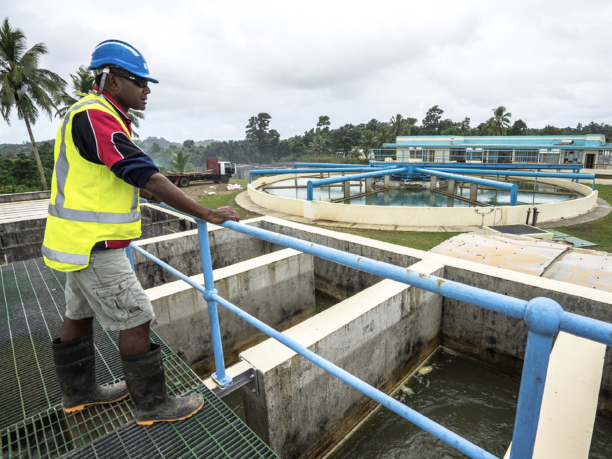
Facing urban challenges and growing sprawl, Pacific island countries are laying the groundwork for livable and sustainable cities.
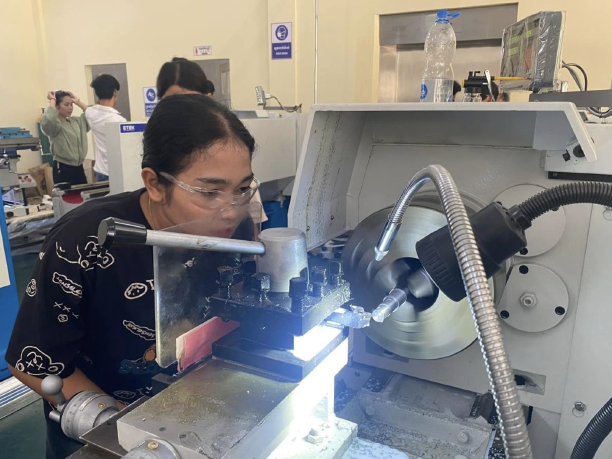
Cambodia upskills technical and vocational worker training for critical service and industry sectors.
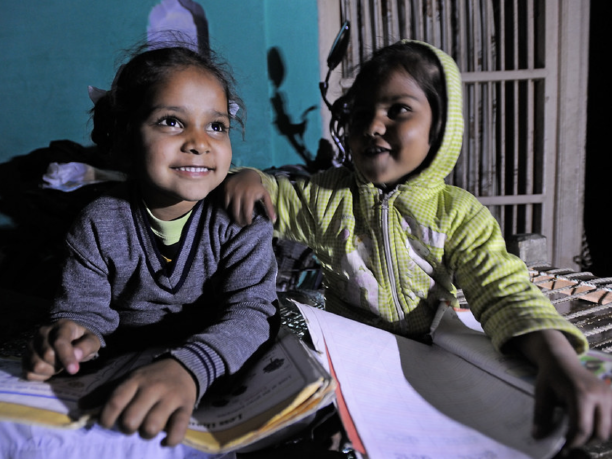
In Meghalaya, children are getting the nourishment they need, and mothers are getting better maternal health care.
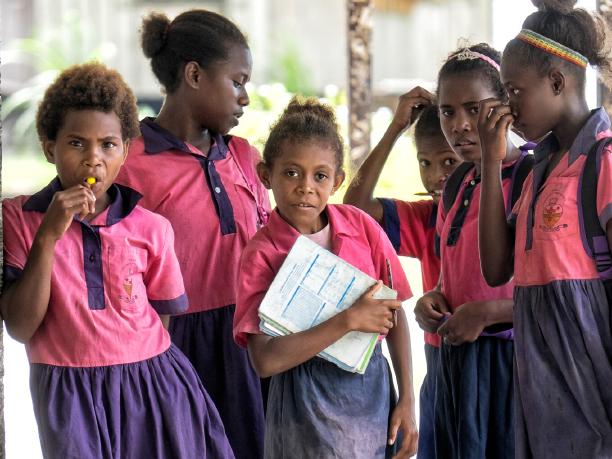
Solomon Islands aims to improve schools with curriculum reform, weather-resistant facilities, and greater equity for girls.
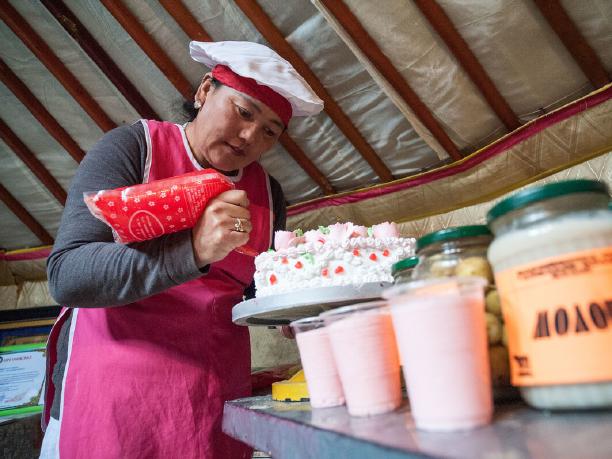
Green development and urban-rural links will turn Mongolia’s aimags and soums into agribusiness centers.
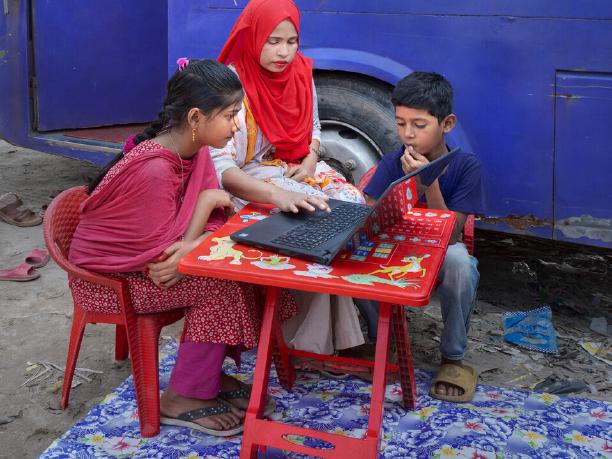
By improving policies and institutions, Bangladesh will make social protection more accessible and effective for the poor.
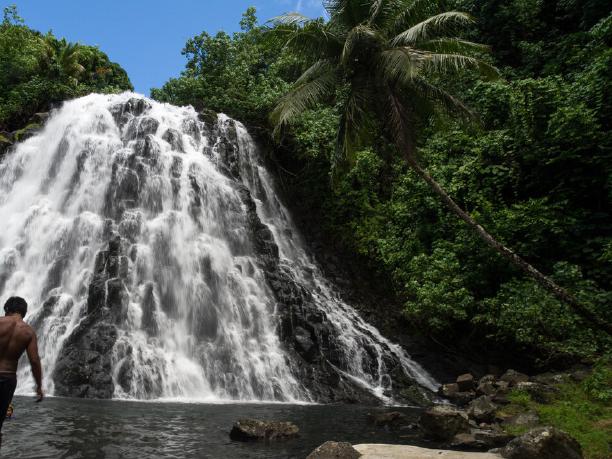
Investments in renewable energy will improve electricity and water access, increase weather resilience, and reduce fossil fuel reliance on smaller islands.
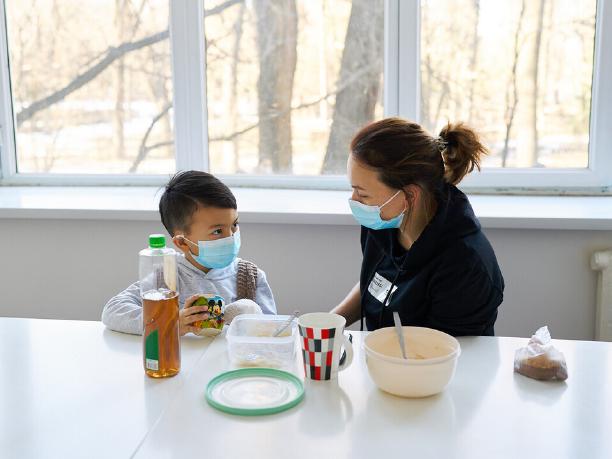
The search for knowledge solutions to mitigate the COVID-19 pandemic’s long-term damage to economies and people’s health continues.

Weather-resilient roads to mountainous regions will provide vulnerable groups, including women, with more access to economic opportunities.
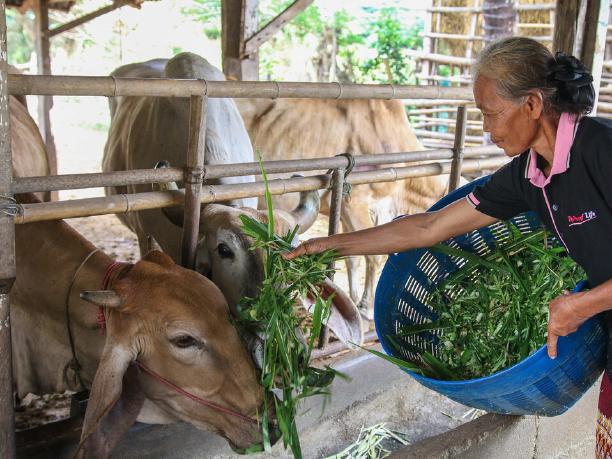
Social protection will boost community health and nutrition, complementing ongoing investments in infrastructure, agriculture, health, and education.
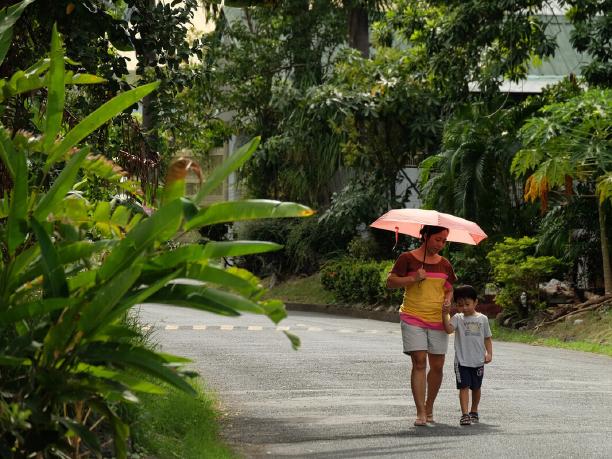
Rising temperatures in Asia and the Pacific mean prioritizing the greater vulnerability of women and girls to heat stress.

Investments in skills building are empowering Vanuatu’s workers for better jobs in the future.

Climate change is reshaping lives across Asia and the Pacific, threatening lives and livelihoods, economies, and the environment. Rising temperatures, extreme weather, and disasters from natural hazards disrupt food security, health, and job opportunities, making resilience a top priority.
Building climate resilience requires smart planning and actions at the local, national, and regional levels.
ADB and the Republic of Korea are helping cities in India, Pakistan, and Uzbekistan develop city climate action plans to help them adapt to climate risks while promoting sustainable urban growth.
Small island nations face some of the worst climate challenges. Maldives, with 80% of its area less than a meter above sea level, is one of the lowest-lying countries in the world, beset by challenges such as rising sea levels, coastal storms, and flooding. ADB, Japan, the United Kingdom, and the Nordic Development Fund are supporting flood prevention, coastal protection, and climate-smart farming in the country.
Similarly, Pacific Island nations— Fiji, Kiribati, Palau, Papua New Guinea, Samoa, and Tuvalu—are strengthening their defenses with help from ADB and the Water Resilience Trust Fund, supported by the Netherlands. Their initiatives focus on agriculture and fisheries, water resources protection, ocean and coastal resources management, and flood control.
Shifting to clean energy is crucial for reducing carbon emissions and creating a greener future. ADB, France, and Germany are supporting Indonesia’s transition from fossil fuels to renewable energy, with a goal of net-zero power emissions by 2050. Their initiative will help Indonesia develop vital policies and regulations to accelerate clean energy adoption.
India’s renewable energy aspirations are also getting support from ADB and the private sector with a project to construct a 500-megawatt solar facility in Assam, along with strengthening Assam’s public-private-partnership framework for clean energy. The project will extend electricity access to nearby communities, spreading the benefits of solar power.
Meanwhile, Thailand’s roads are going green as ADB, the Clean Technology Fund, and BANPU Public Company Limited bring electric tuk-tuks to the streets. The program includes expanding charging stations, boosting battery production, cutting air pollution, and promoting sustainable transport.
From urban centers to remote islands, these efforts are proving that climate action and sustainable development go hand in hand. By investing in resilience, clean energy, and smart planning, Asia and the Pacific can build a future that is both prosperous and sustainable.

As rising temperatures threaten the Hindu Kush Himalayas, the search is on for more innovative solutions for building resilience.
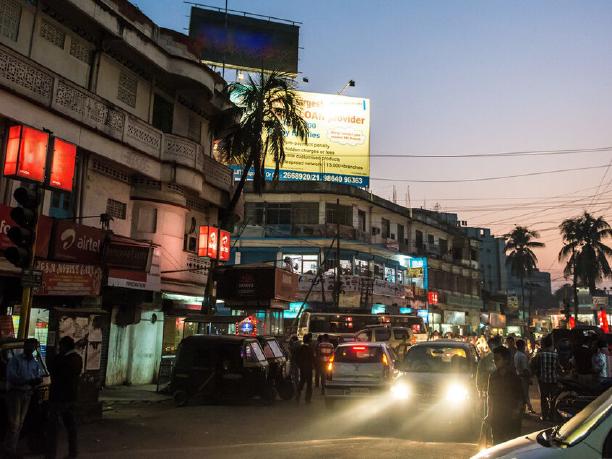
The power sector is recharging with policy and market reforms to light up cities anew.
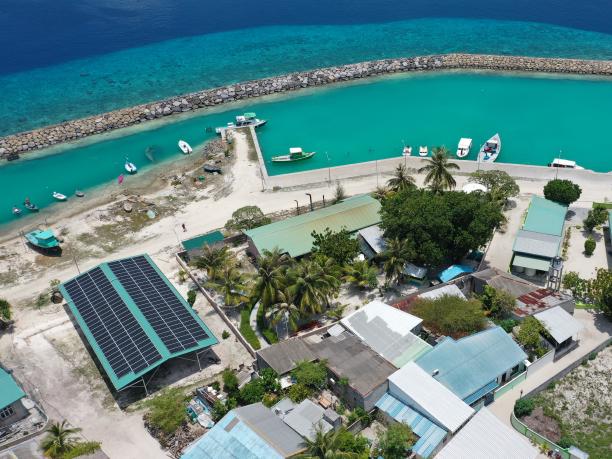
Maldives cuts back on diesel by going green with more solar, ocean, and wind, and other renewable energy solutions.
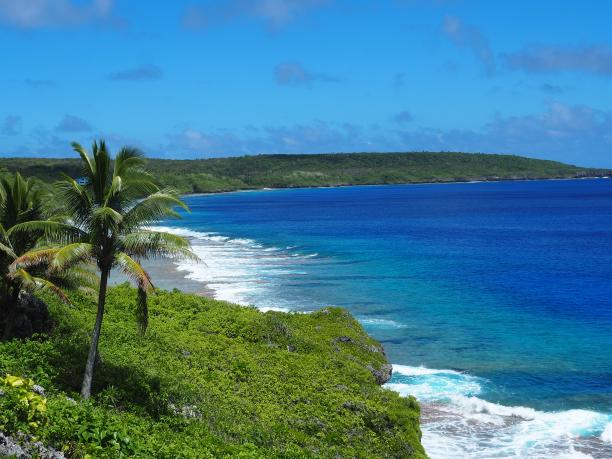
Niue is nurturing its energy sector by embracing clean energy and improving power network operations.
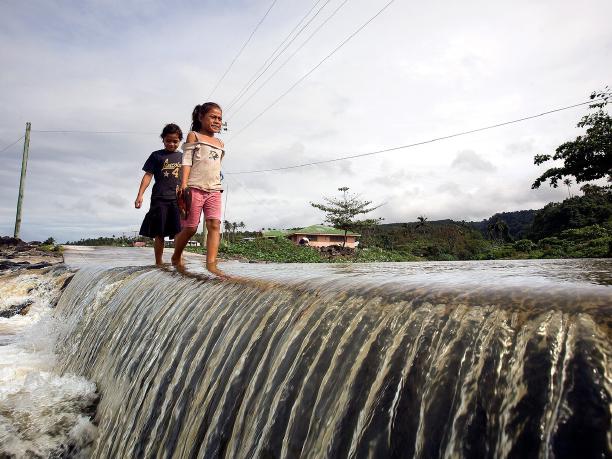
A multipurpose dam in Samoa will help reduce floods, ensure stable water supply, and support growth and development.
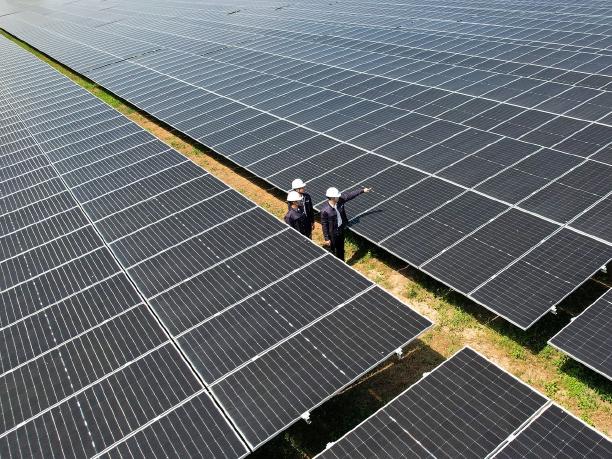
Thailand is moving ahead on renewable energy projects with the private sector to hit net-zero emissions by 2065.
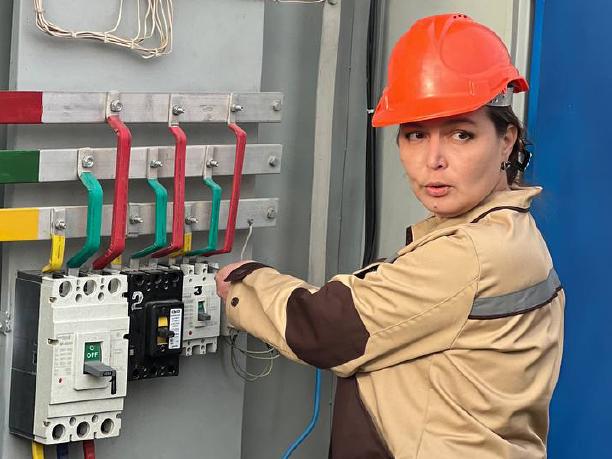
Uzbekistan is transforming its power distribution system, while pushing for gender inclusivity in the energy sector.
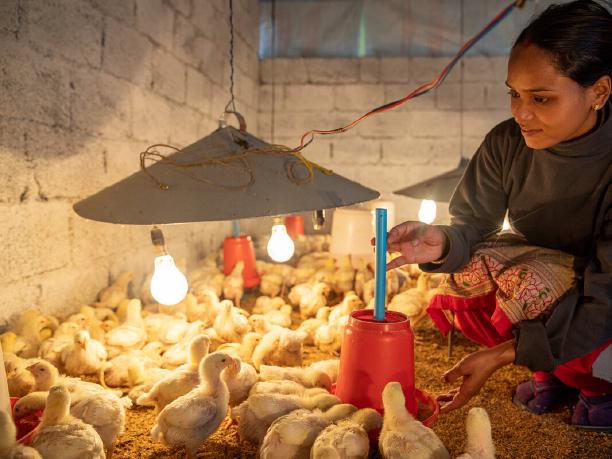
Power infrastructure upgrades will bring reliable electricity and open job and business opportunities across Nepal.
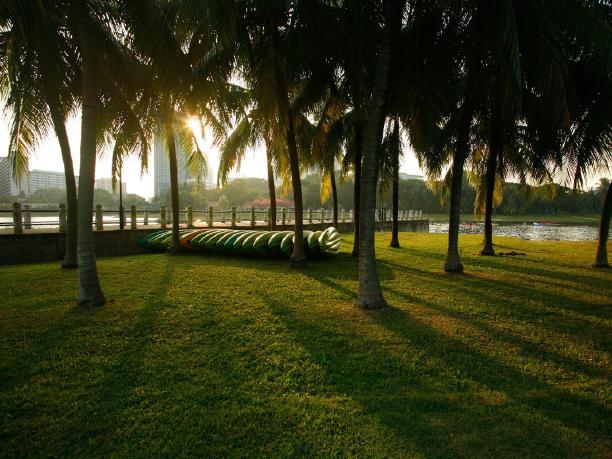
Innovative finance models and projects for ADB’s Nature Solutions Finance Hub will help mobilize $2 billion for nature-based development solutions.
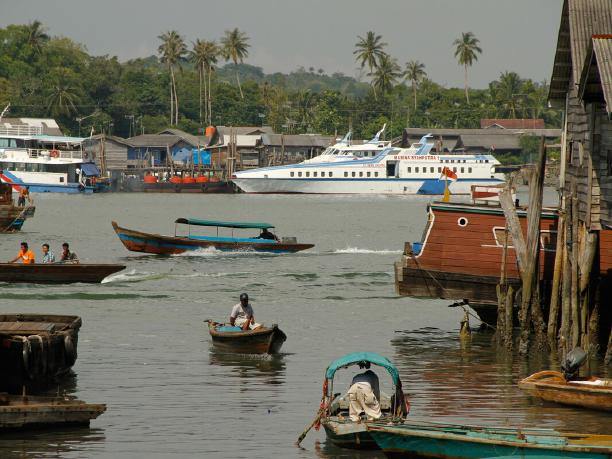
Indonesia is finding better ways to manage marine plastics, reduce plastic production and consumption, and monitor ocean pollution.
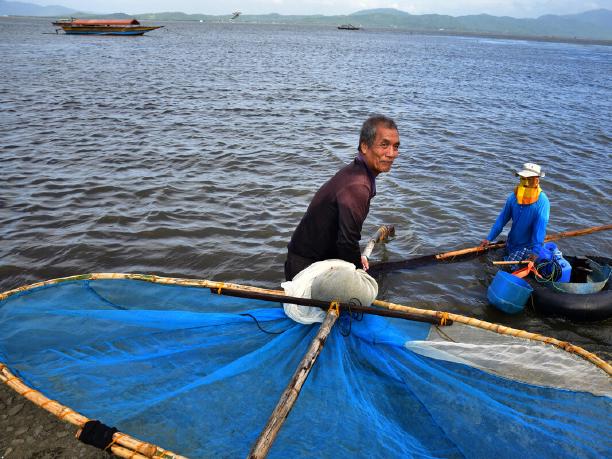
Across the Philippines' biggest lake, a weather-resilient expressway will promote regional connectivity and cut travel time from southern Laguna province to Manila.
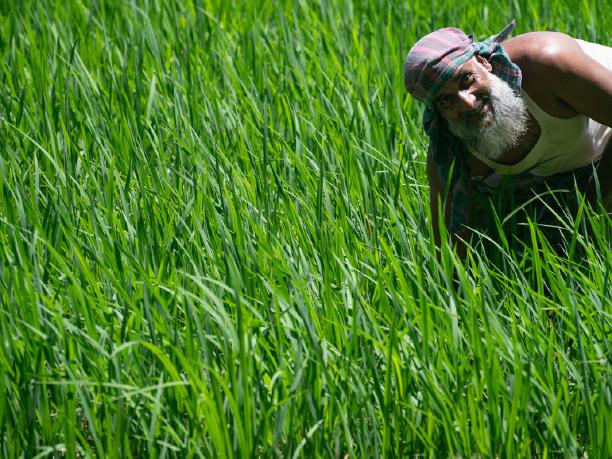
Policy and institutional reform initiatives in Southeast Asia will help bring climate-resilient rural development and food security.
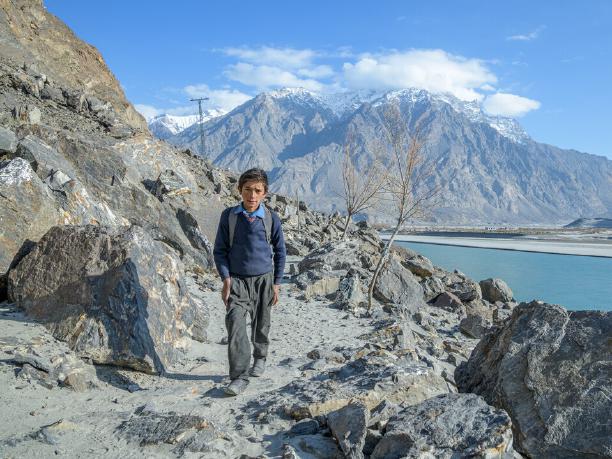
Climate adaptation financing will be funneled into creating investment plans, improving project appraisals, and sharing expertise.
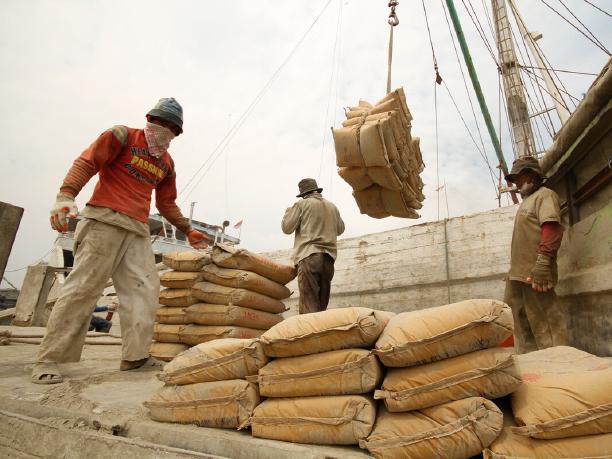
Knowledge and information sharing will help quell heavy-polluting industries, such as cement and petrochemicals, and promote regional trade.
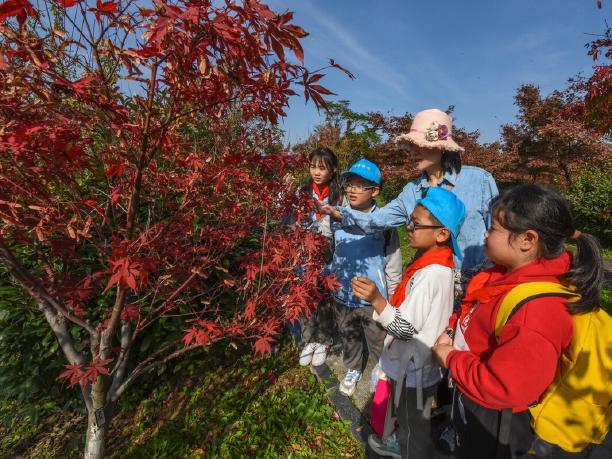
Wetlands conservation efforts will protect a vital migratory habitat and serve as a replicable model for protecting wetlands across Asia and the Pacific.

Climate-smart equipment for fruit, vegetable, and flower farmers will enhance water and energy efficiency and climate resilience.
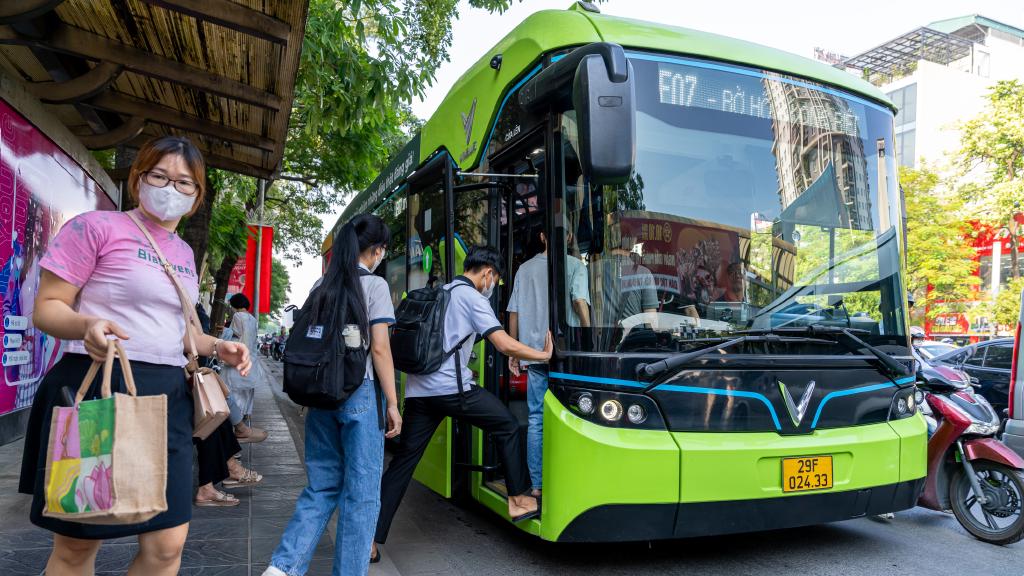
Economic growth is a powerful engine for building resilient and prosperous economies. Whether a country is emerging or advanced, sustained and inclusive growth drives job creation, improves living standards, and opens opportunities for innovation and investment. Today, the emphasis is on making sure that economic gains are widely shared, lifting communities out of poverty while safeguarding the environment for future generations.
In Lao People’s Democratic Republic, where 1 in 4 people lives below the poverty line, ADB and the Green Climate Fund are expanding the government’s targeted conditional cash transfers to poor and vulnerable households, particularly poor women and mothers of young children, to reduce poverty, enhance food security, and build resilience.
ADB is also partnering with Australia, New Zealand, the European Union, and the World Bank to help Fiji build resilience to disasters and achieve sustainable economic growth. This highly concessional loan is under ADB’s new lending terms for small island developing states, designed to reduce Fiji’s debt burden while promoting long-term stability.
Supporting women entrepreneurs is also a priority. In Mongolia, ADB and the Bogd Bank teamed up with Canada to help finance micro, small, and medium-sized enterprises (MSMEs), which make up nearly 20% of the country’s gross domestic product. Women entrepreneurs often face challenges in securing loans, so this initiative emphasizes supporting women-led MSMEs and green finance.
Similarly, ADB and the Women Entrepreneurs Finance Initiative are addressing barriers to business for women-led MSMEs in Viet Nam. Working with the Lien Viet Post Joint Stock Commercial Ban, this initiative will provide private sector financing and tailored advisory services to help businesses grow.
Trade is essential for economic growth, as it connects markets, creates jobs, and opens up opportunities, particularly for smaller economies. ADB and the Republic of Korea are exploring ways to improve port efficiency, economic resilience, and regional trade, particularly in Viet Nam and Indonesia, through smart port practices.
Tourism is another major economic driver, employing tens of millions of people in the region. To help the sector recover from COVID-19 disruptions, ADB, the Nordic Fund, the Republic of Korea, and Spain are helping Southeast Asia—especially Cambodia, Indonesia, Lao People’s Democratic Republic, the Philippines, Thailand, and Viet Nam—revitalize tourism by encouraging private sector financing, improving tourism facilities, and helping policymakers design visa, online short-term rental, and other policies to attract longer-staying, higher-spending visitors and remote workers.
By investing in resilience, inclusivity, and long-term growth, these efforts are helping economies across Asia and the Pacific create a more stable and prosperous future.
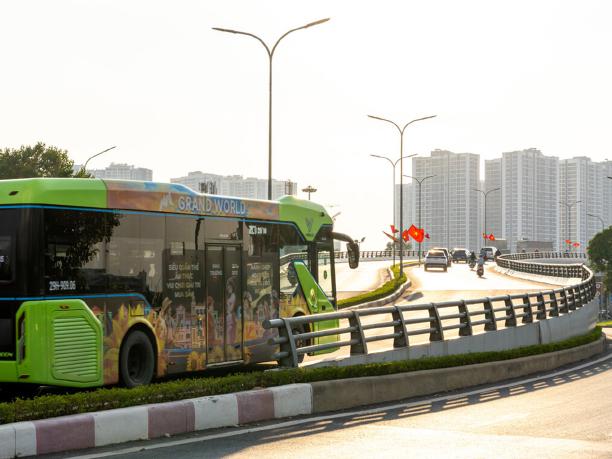
ADB and its partners are transforming transport systems across Asia and the Pacific with smart city solutions, better rail systems, and low-carbon infrastructure—paving the way for greener, smarter, and more inclusive mobility.
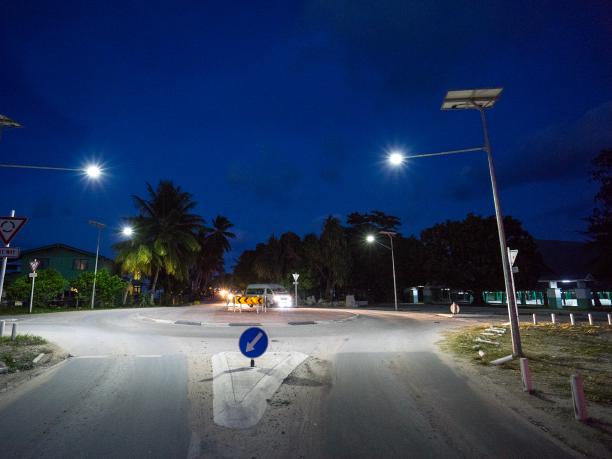
Smarter, more inclusive, and climate-resilient infrastructure are on the rise across Pacific island nations.
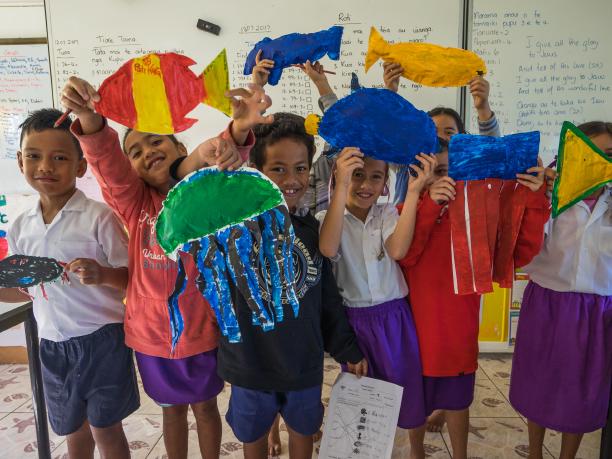
Post-pandemic recovery meant filling financing gaps and innovative policy reforms to promote Cook Islands’ long-term growth.
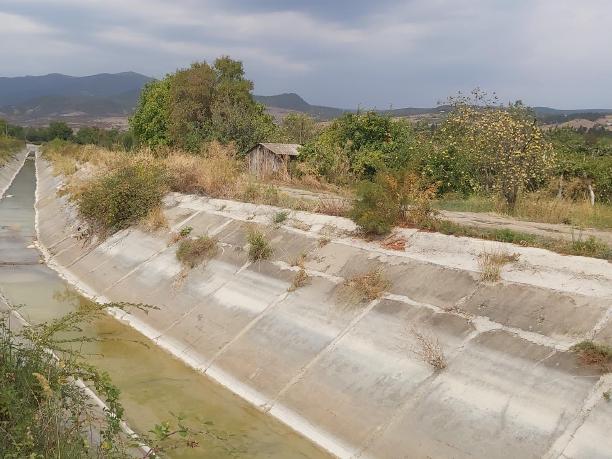
Upgrading irrigation infrastructure and implementing reforms to push private investment are vital to achieving food security in Georgia.
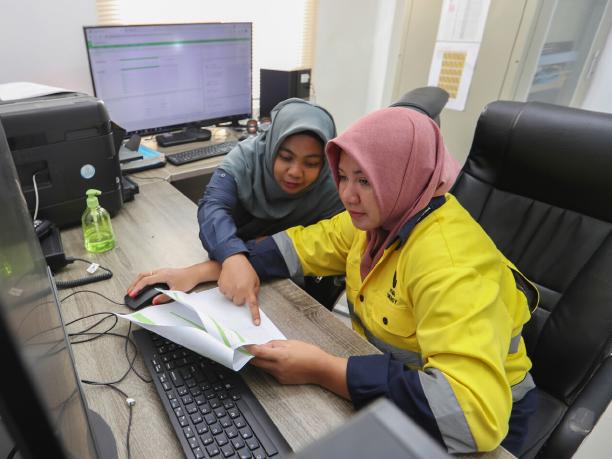
Indonesia is upping investments in its greatest resource: its people; and ensuring that the next generation is equipped for the future.
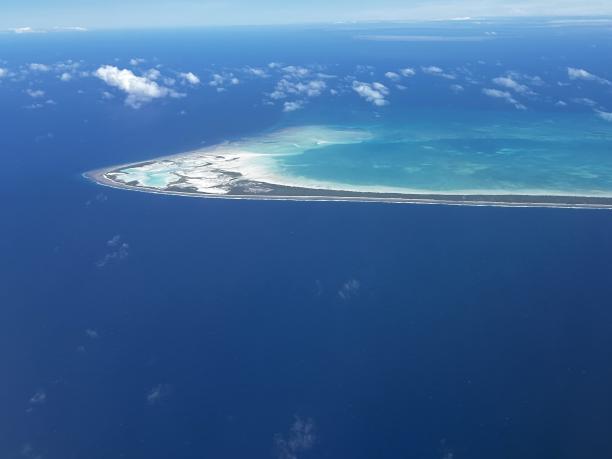
Public financial management, plus regulatory and environmental reforms, contributes to Kiribati’s growth plans.
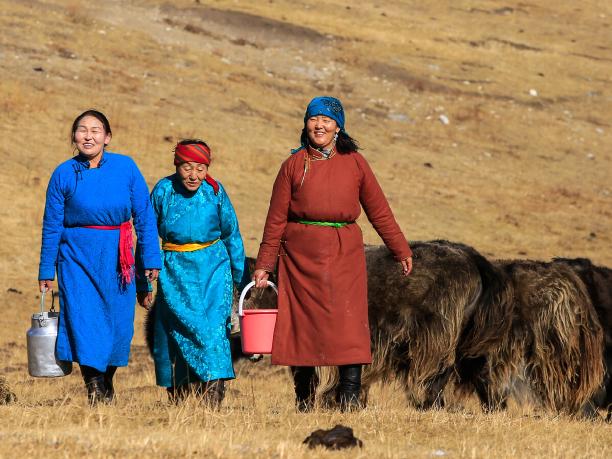
By scoping out disaster risks and promoting disaster reduction and resilience, Mongolia is ensuring its growth plans are not shaken.
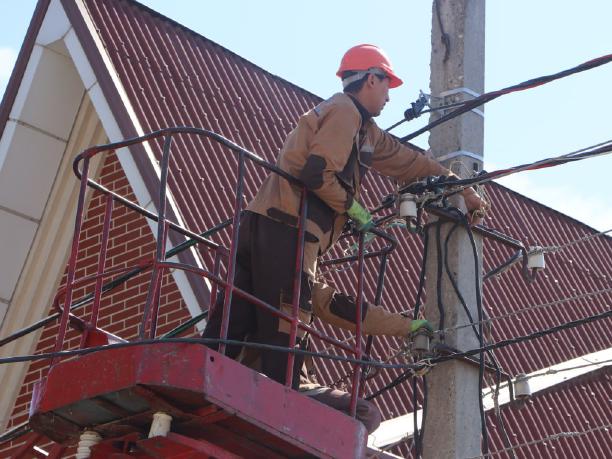
Power sector reforms will encourage the private sector to foster independent energy regulations and support weather-resistant power systems.
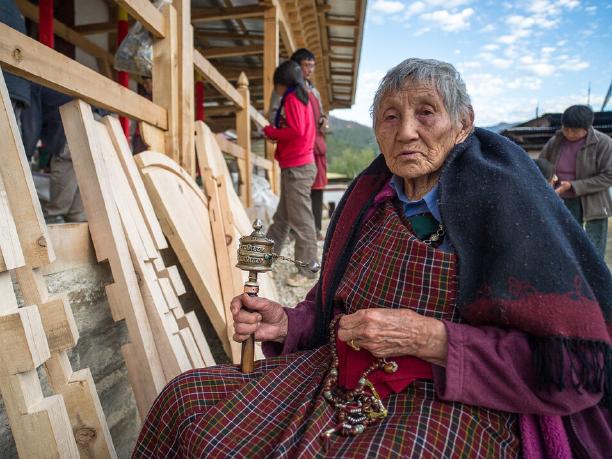
Older people, people with disabilities, and LGBT+ people are to enjoy the social services and gainful employment they deserve.
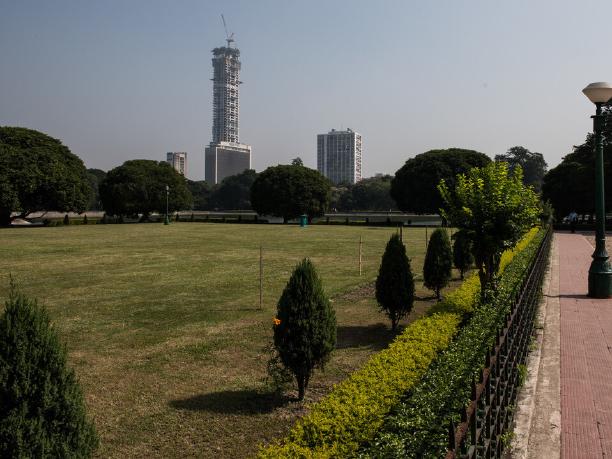
More infrastructure investments in India will transform Andhra Pradesh’s city of Amaravati into a center of economic growth.
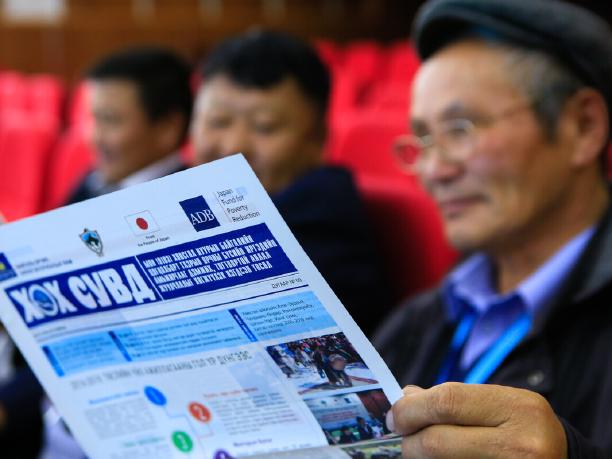
Private sector financing is made available for climate projects and women-owned and women-led small and medium-sized enterprises.
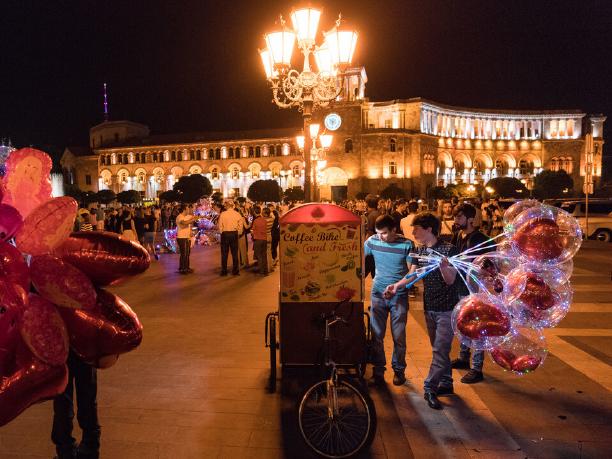
Better policies and government procedures will improve transparency in tax systems and promote gender-inclusive information exchange.
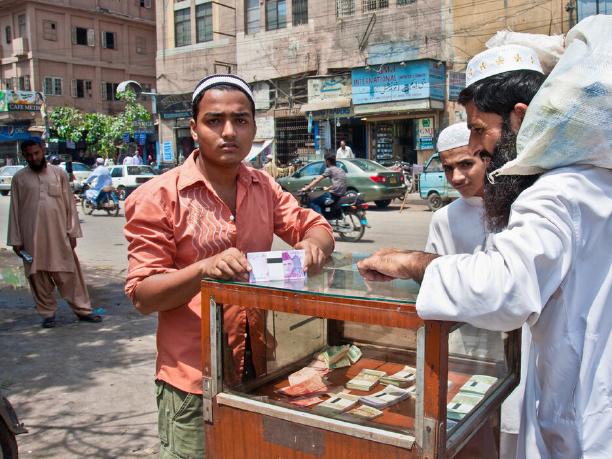
Preparations are underway to improve Pakistan’s fiscal sustainability through better tax administration and reforms.
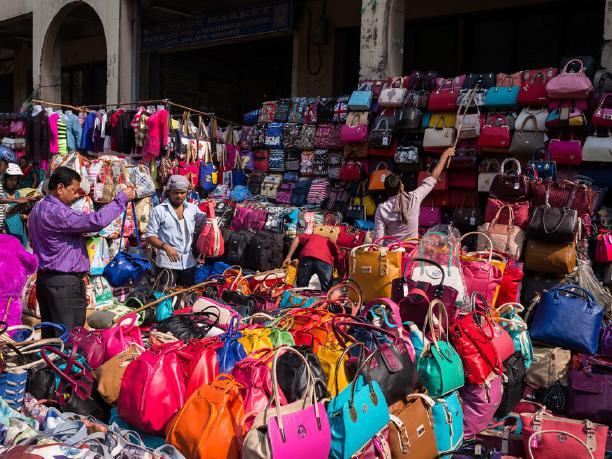
Private sector investments are supporting industries in embracing clean energy, driving growth and achieving net-zero emissions.
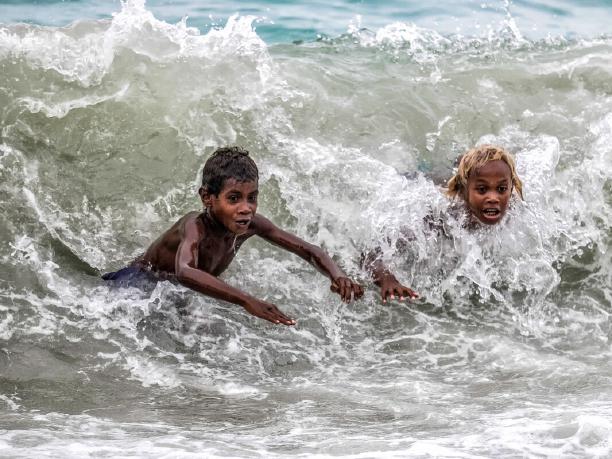
Power sector reforms, solar farms, and grid-connected battery storage for renewable energy integration are coming to Solomon Islands.
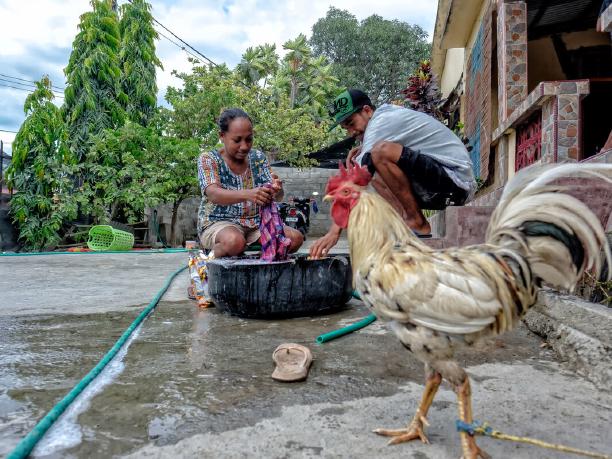
Weather-resilient agriculture, better market access, and diversified income opportunities will bolster the livelihoods in rural communities.

Sri Lanka is strengthening the banking sector and promoting inclusive finance to support the country’s economic recovery.